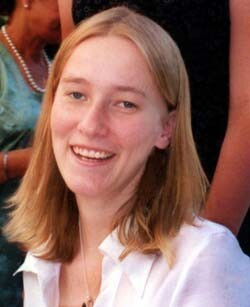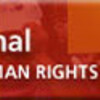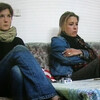
Sa'adat kidnap boosts Olmert's election campaign
17 March 2006
There are many reasons for the raid on Jericho prison. One of them is the Israeli election. Palestinians know from experience that before every election Israel becomes more brutal. Another reason is to send Hamas a message: They will not be accepted and the agreements between Israel and the previous PA are no longer valid. The arrival of Israeli tanks just twenty minutes after the withdrawal of the British and American guards from the prison shows that Israel is not the only one sending this message. The attack on Jericho and the kidnapping of Ahmed Sa’adat and others proves once again that Israel is, for all intents and purposes, a country above the law writes Rifat Odeh Kassis. Read more about Sa'adat kidnap boosts Olmert's election campaign








